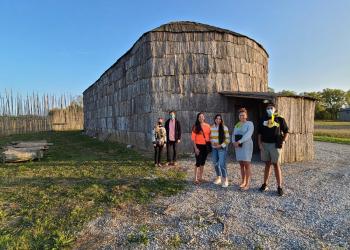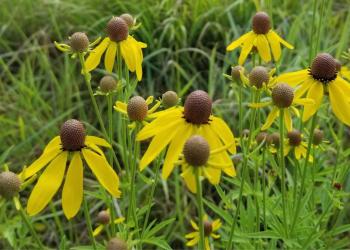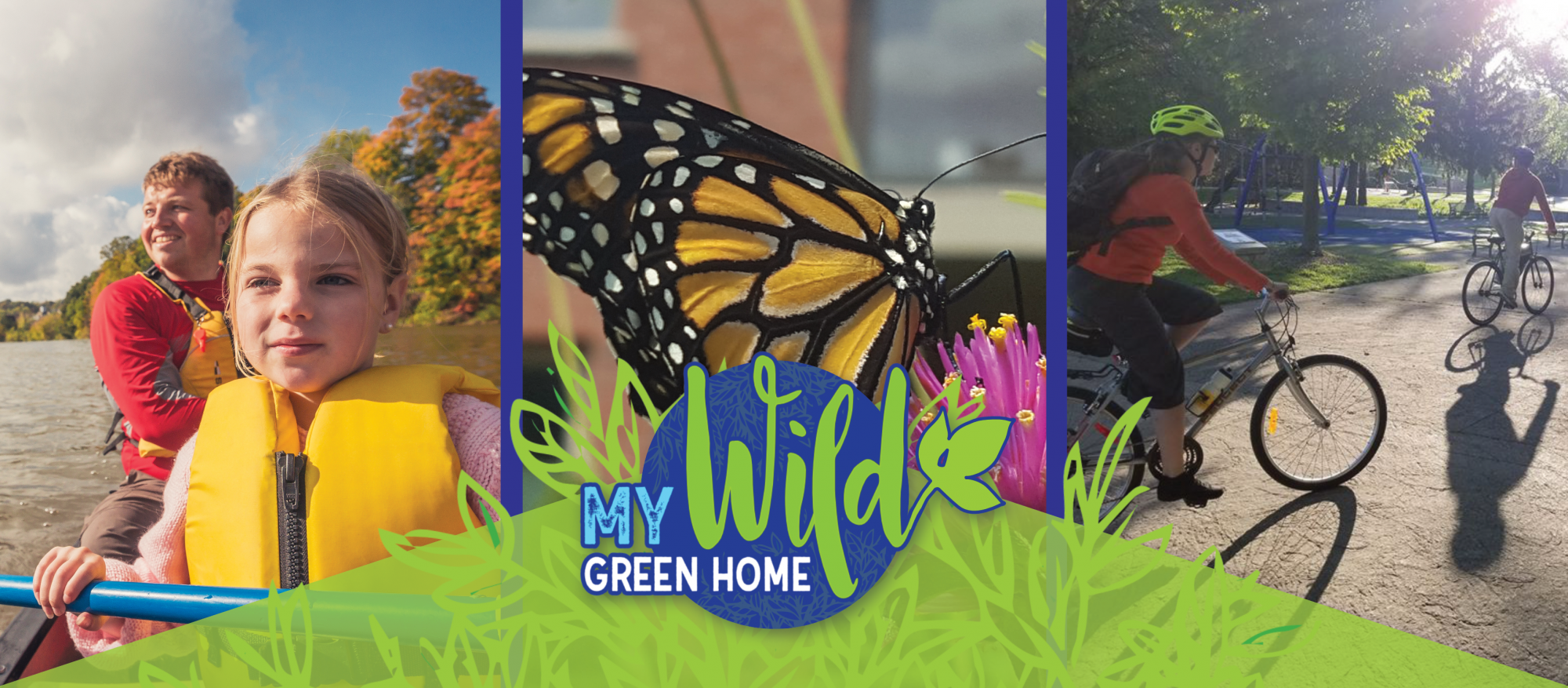
Webinar: The Deshkan Ziibi Conservation Impact Bond (DZCIB) Initiative
November 24th, 2021
The world is facing dual...
Trees and Plants From Seeds
Join us for a native trees and plants identification hike with Stefan Weber
Sign up here...

Messy is Best: Fall Gardening
Leave the leaves
Many insects overwinter in leaf litter, including bees and butterflies! As...

Celebrating Indigenous Leadership
Carolinian Canada celebrates Indigenous leadership, honouring the diverse histories and...

The Great Pawpaw Parade Celebrates Local Wild Treasures | 2021
The Great Pawpaw Parade 2021 is HAPPENING!
Join the Pawpaw Parade at home for a...

Waawayaataning: History of the Carolinian Zone
Since 1984, Carolinian Canada identified the Carolinian Zone as Canada’s southernmost...

Local Fundraiser Launch for the Creation of an Anishinaabe Round House
Organizers call for Support
Carolinian Canada would like to share a local Indigenous...

New Directions to Support Indigenous Leadership
In 2019, Brandon Doxtator of Oneida Nation of the Thames joined the Carolinian Canada...

Carolinian Canada Grieves for Indigenous Children Affected by Residential Schools
Warning:
Some information detailed on this page may trigger unpleasant feelings or...

Land Acknowledgement & Accountability Statement
Waawayaatanong - The Carolinian Zone
Carolinian Canada Coalition...

Deshkan Ziibiing – Restoring our relationships
Deshkan Ziibiing edbendaagzijig “those that belong to Antler River” (Chippewas of the Thames...

What does healthy habitat look like, what does it sound like? Part 1: Willoughby Clay Plain
What does healthy habitat look like, what does it sound like?
...

